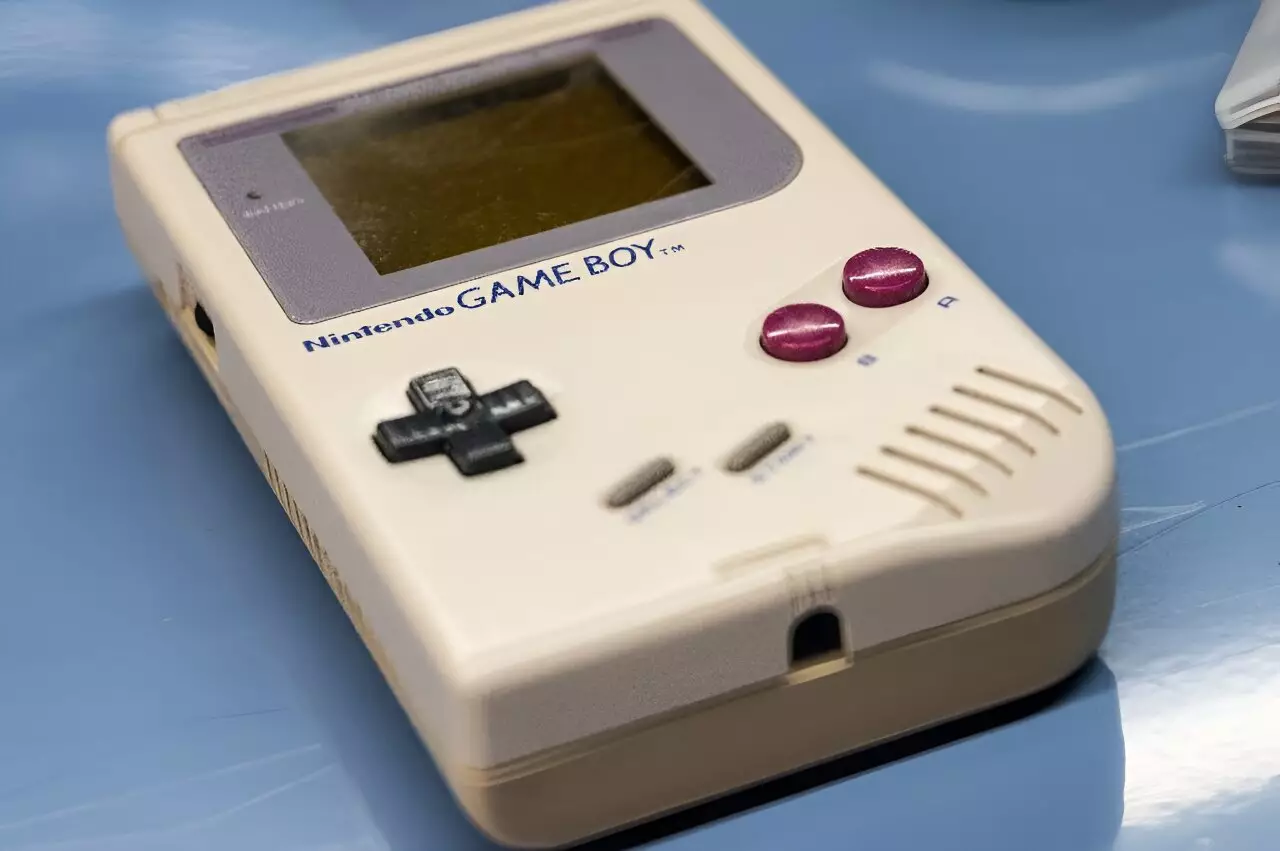The video gaming landscape has undergone tremendous transformations since the inception of gaming consoles in the 1970s. What began as a niche form of entertainment has evolved into a global phenomenon, now boasting a multi-billion dollar industry and millions of enthusiastic players. This article explores the history and impact of some of the most influential gaming consoles, their successes and their contributions to the gaming culture, as well as the trends that have shaped the market over the years.
In the early 1970s, the gaming world was introduced to consoles that offered an entirely new way to play. The first major player, Magnavox Odyssey, laid the groundwork for what would become a multifaceted industry. However, the real disruption came with the advent of more sophisticated systems, such as Atari and later, Nintendo, that captured the hearts and minds of gamers. As technology improved, so did the complexity and engagement levels of the games. These developments pushed the boundaries of interactive entertainment and set the stage for a competitive industry.
In the year 2000, Sony released the PlayStation 2, a console that would redefine gaming. Its early success can be attributed to backward compatibility, which allowed users to play older PlayStation titles, and its capacity to play DVDs—an attractive feature at the time. Though initial game offerings were met with mixed reviews, iconic franchises like “Grand Theft Auto” and “Final Fantasy” soon turned the tide towards overwhelming popularity. From its launch to its eventual sales figure of over 155 million units, the PlayStation 2 not only became the best-selling console of its time but also left an indelible mark on the fabric of gaming culture.
While Sony dominated with the PlayStation 2, Nintendo found its footing with the launch of the Nintendo DS in the mid-2000s. With its unique dual-screen configuration, the Nintendo DS brought innovation in gaming to the forefront. Titles like “Animal Crossing” and “Nintendogs” appealed to a diverse audience, transcending the typical gamer demographic. The console sold over 154 million units and established Nintendo’s position as a sturdy contender in the market.
More recently, the Nintendo Switch took the world by storm in 2017. The hybrid design allowed for both home and portable use, catering to players’ varying lifestyles. Its gaming library, filled with compelling titles such as “The Legend of Zelda: Breath of the Wild” and “Animal Crossing: New Horizons,” demonstrated Nintendo’s knack for creating relatable gaming experiences. The latter particularly resonated during the COVID-19 pandemic, becoming a cultural touchstone as players sought companionship and escape through simulation.
Handheld consoles, particularly the Game Boy and its Color variant, played a crucial role in shaping gaming culture in the 1990s and early 2000s. With over 118 million units sold, the Game Boy successfully captivated millions. It introduced a myriad of beloved characters, notably Pokémon’s Pikachu, solidifying the franchise’s status as a cultural juggernaut. The combination of captivating gameplay, user-friendly design, and portable playability helped elevate Nintendo to new heights during this golden era.
Sony continued its legacy with the PlayStation 4, launched in 2013. It showcased impressive graphics and a strong library of games, quickly establishing itself as a player in the next generation of consoles. Its rivalry with Microsoft’s Xbox series was intense, but the PS4 managed to survive and thrive, selling around 117 million units. This success was primarily built on well-received franchises such as “The Last of Us” and “Marvel’s Spider-Man,” combined with solid third-party titles.
As we move into the future, the gaming console market continues to be characterized by innovation and competition. Emerging technologies such as cloud gaming and virtual reality signal a transformative shift in how games are played and experienced. The industry seems poised to evolve further, pushing the boundaries of interactive entertainment and providing players with immersive experiences beyond their wildest imaginations.
As gaming transitions into a new era, players and developers alike will be eagerly watching to see how console makers adapt to an ever-changing landscape. The legacies of past giants will inform future successes, ensuring that the world of gaming remains as engaging and culturally significant as it ever has been.

